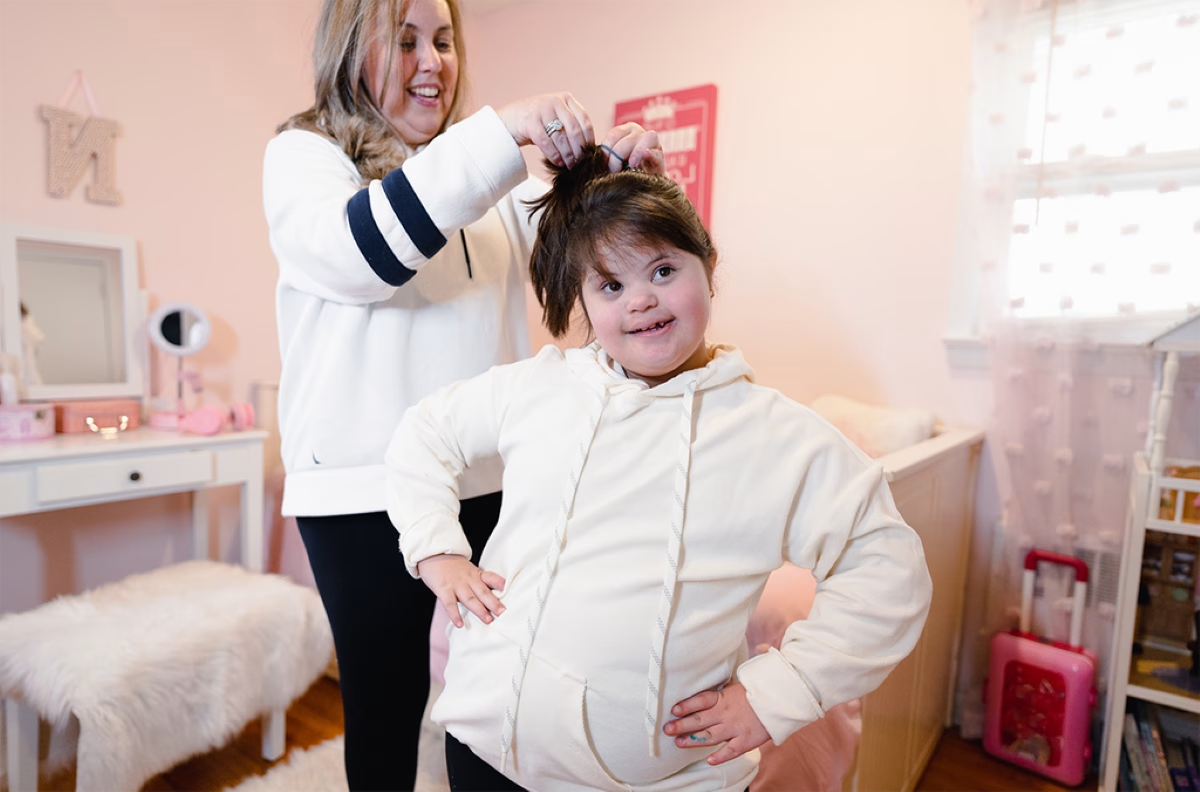Dr. Frances Fleming-Milici is Director of Marketing Initiatives at the UConn Rudd Center for Food Policy and Health. Her work focuses on the targeted marketing of foods and beverages to children, adolescents, and parents of young children, and examines the racial and ethnic differences in rates of exposure and the impact of targeted marketing practices.
Research produced by the Rudd Center reveals that Black and Hispanic youth are exposed to more food marketing compared to their White peers, and that marketing for products in primarily unhealthy categories—including fast food, sugary drinks, candy, and sweet and salty snacks—is disproportionately targeted to Black and Hispanic communities. The Rudd Center team led by Dr. Fleming-Milici has conducted invaluable research in the field of targeted marketing and the health and nutrition disparities associated with it.


